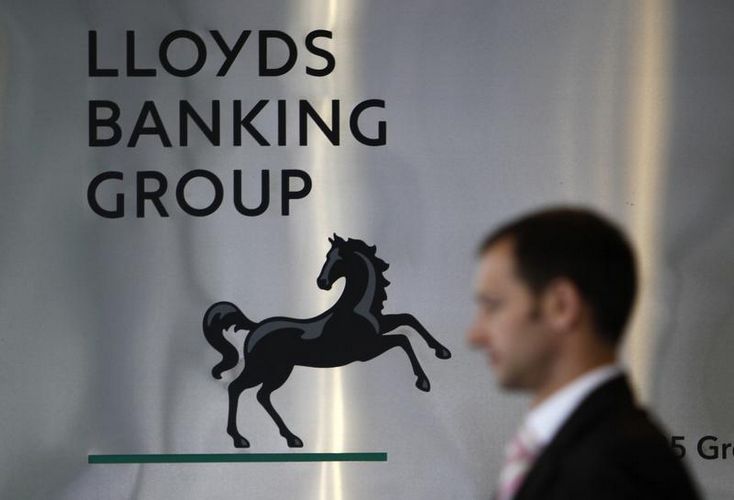The hysterical anger from investors after Lloyds announced this week it had won permission to redeem early high-coupon capital issued during the darkest days of the financial crisis was predictable but not justified.
Lloyds raised the Enhanced Capital Notes (ECNs) when it was in dire straights in 2009 but regulators have moved the goalposts substantially since, meaning the bonds are no longer an efficient capital instrument.
Redemption makes complete sense. The lowest yielding ECN listed for a call at par pays a 6.439% coupon, the highest 16.125%. Fortunately for Lloyds, the bonds included a clause (capital disqualification event) that allow it to retire the notes at par in this very circumstance.
In a world of low or even negative yields, it is little wonder bondholders are unhappy at losing such juicy yields. Now, some investors say that Lloyds should leave the notes outstanding, or at least pay them market prices, as they knew nothing of this clause.
It’s hard to believe them. Especially as last year Lloyds approached all ECN holders and offered to buy or swap the securities in a jumbo high-profile liability management exercise.
Institutions were swapped into new Additional Tier 1 securities, while retail investors were offered cash only, with the UK regulator deeming AT1 an unsuitable investment for them.
And none of this was below the radar. In fact, rather than cash, some retail investors wanted the AT1 option which, although high-risk, pays a fat coupon.
It would seem that those that refused the cash were largely betting the UK lender would rather avoid a confrontation with “disgusted of Tunbridge Wells” types.
These investors need to stop playing dumb. This is a bailed-out bank here.
The irony is that the EU, as a condition of the bailout, was insisting that the bank turn off the coupons on the pre-crisis subordinated debt these ECNs were created out of.
So, instead of receiving nothing, they have made hay in the sun since the ECNs were issued.
Bond investors have forgiven far greater than this since the credit crisis, suggesting that the threat of reduced market access in the future is nothing but an empty threat.
Furthermore, Lloyds has been fair to all, including to institutional investors who matter most for wholesale funding.
So, time for Lloyds to show that bonds’ terms and conditions are worth the paper they’re written on.
